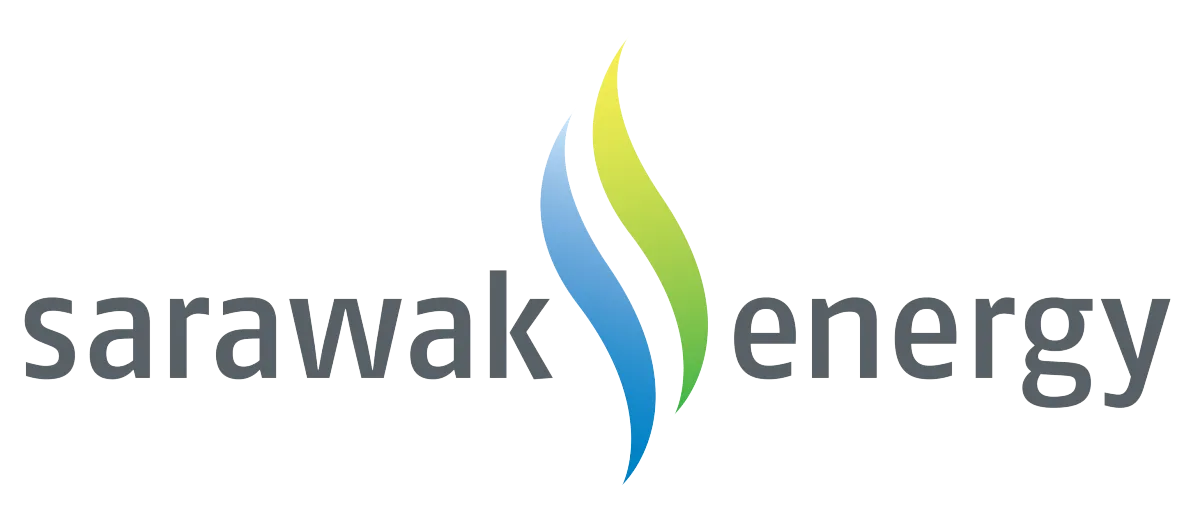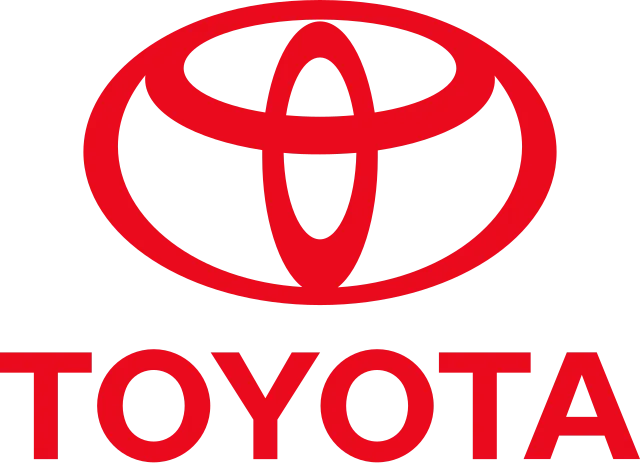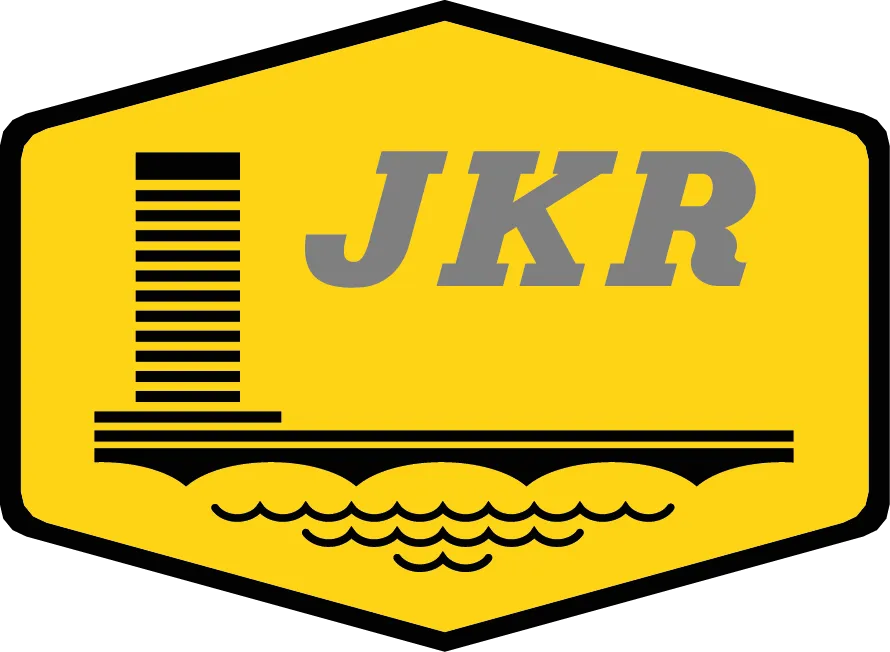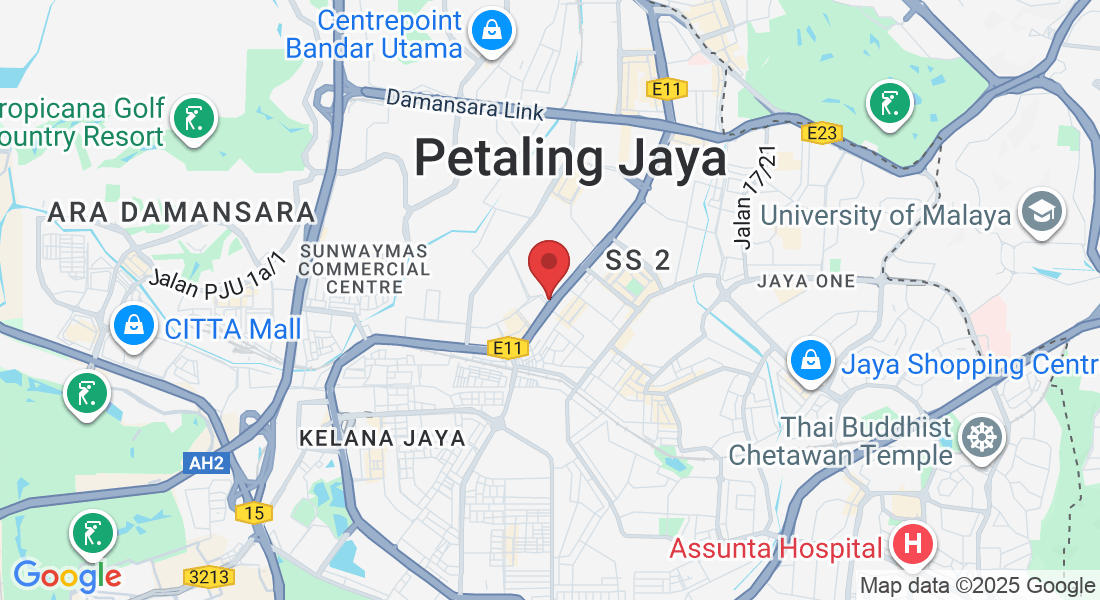
Find Out If Your Business Qualifies for the EACG 2.0 Grant
Identify hidden energy savings, cut costs by up to 30%, and meet ESG compliance.
Are You Overpaying for Electricity Every Month?
Most buildings are using more energy than they need without knowing it. Now, you can find out exactly where with an energy audit.
100% of audit fees are covered by the government
No out-of-pocket costs. Up to RM100k in grant available.Zero disruption to your daily operations
No downtime or interference with production or tenant activitiesFind real savings of 12% to 30% based on actual data
Know exactly where your biggest energy consumption happens.Recommendations are prioritised by ROI and payback period
Save cost on energy upgrades that don't move the needleWe handle the entire grant application and audit process for you
End-to-end support by a licensed company with proven track record and certified energy professional, qualified to apply for EACG.
Find Out About the Funded Energy Audit
Share your details and we’ll send you the information on the funded audit (worth up to RM100,000) directly to your email and WhatsApp.
Who Should Get An Energy Audit?
High Electricity Users
Businesses with monthly bills above RM50,000 can uncover significant cost savings through efficiency improvements.
Industrial Facilities
Plants in food and beverage, plastics, automotive, electronics, and packaging often have large, energy-intensive operations.
Commercial Properties
Malls, hotels, hospitals, and office buildings typically have complex systems with high energy loads and inefficiencies.
Sites with Heating or Cooling Systems
Facilities using boilers, chillers, or centralised air-conditioning tend to have high baseline consumption.
24/7 Multi-Shift Operations
24/7 operations are more exposed to peak demand charges and off-hour inefficiencies.
Businesses Planning Energy Upgrades
An audit ensures you invest in the right systems and qualify for grants tied to solar, HVAC, or automation.
Thinking About Solar For Your Business?
Don’t invest in solar until you have done a full energy audit for your business.
Before you make any investment in solar panels, HVAC upgrades, or energy storage systems, this audit helps you make informed, data-driven decisions
It is often the first step in a longer-term sustainability plan.
Why Do An Energy Audit?
An energy audit helps you avoid costly mistakes. It gives you a clear, data-backed roadmap so you can invest wisely and make every ringgit count. This is the foundation of a smart energy transition.
Without an audit, you risk:
Overspending on systems that won’t deliver meaningful savings
Upgrading equipment that isn’t the real cause of energy waste
Missing low-cost improvements with faster ROI
Choosing the wrong system size or type due to poor baseline data
Making decisions based on assumptions instead of actual measurements
A professional energy audit gives you:
A clear picture of how your energy is used, wasted, and recovered
Prioritised recommendations based on ROI and payback period
Accurate data to avoid overspending on unnecessary systems
A baseline to measure future savings and performance
Confidence that your energy strategy is grounded in data, not guesswork
What To Expect
Take a look at some real case studies from our energy audit and energy efficiency projects.
Up to 30%
in energy savings

Hotel Chain
Identified opportunities in HVAC and lighting systems with achievable overall energy savings of up to 30%, while also helping hotels strengthen their ESG strategy by reducing carbon emissions, enhancing the guest sustainability experience, and supporting green building certifications.
Up to 20%
in energy savings
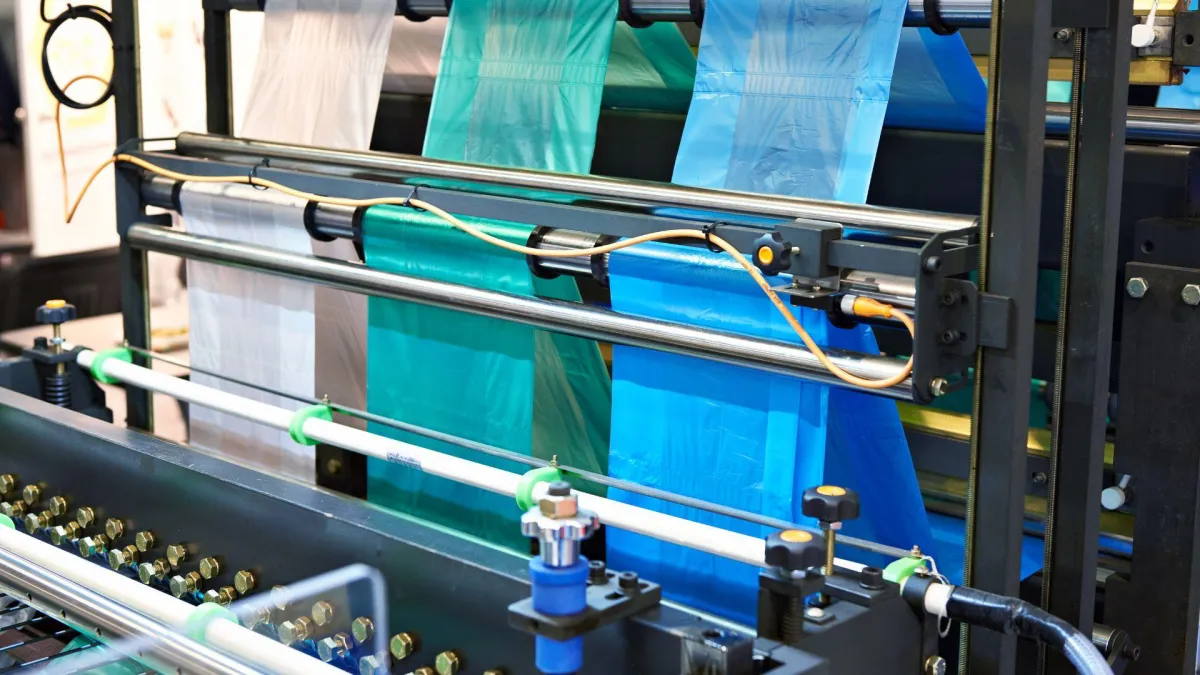
Plastic Manufacturer
Recommended retrofitting of production machinery for potential savings of up to 20% on motorized equipment alone, supporting clients in lowering Scope 2 emissions, demonstrating reduced operational impact to customers, and aligning with sustainable manufacturing targets.
Up to 15%
in energy savings

Automotive Manufacturer
Focused on optimizing the air compressor system with expected energy savings of up to 15%, assisting them in meeting industry carbon-reduction goals, reporting progress against ESG commitments, and preparing for evolving supply chain sustainability requirements.
Our Clients
Want to find out if your building qualifies for a FREE energy audit?
Book a FREE initial consultation to check eligibility and understand the process.

Grant Eligibility
Building type:
factory, warehouse, mall, hotel, or office
Minimum monthly electricity bill:
RM50,000/month
At least 12 months of utility and operational data.
Willing to provide site access and equipment list.
Grant Amount
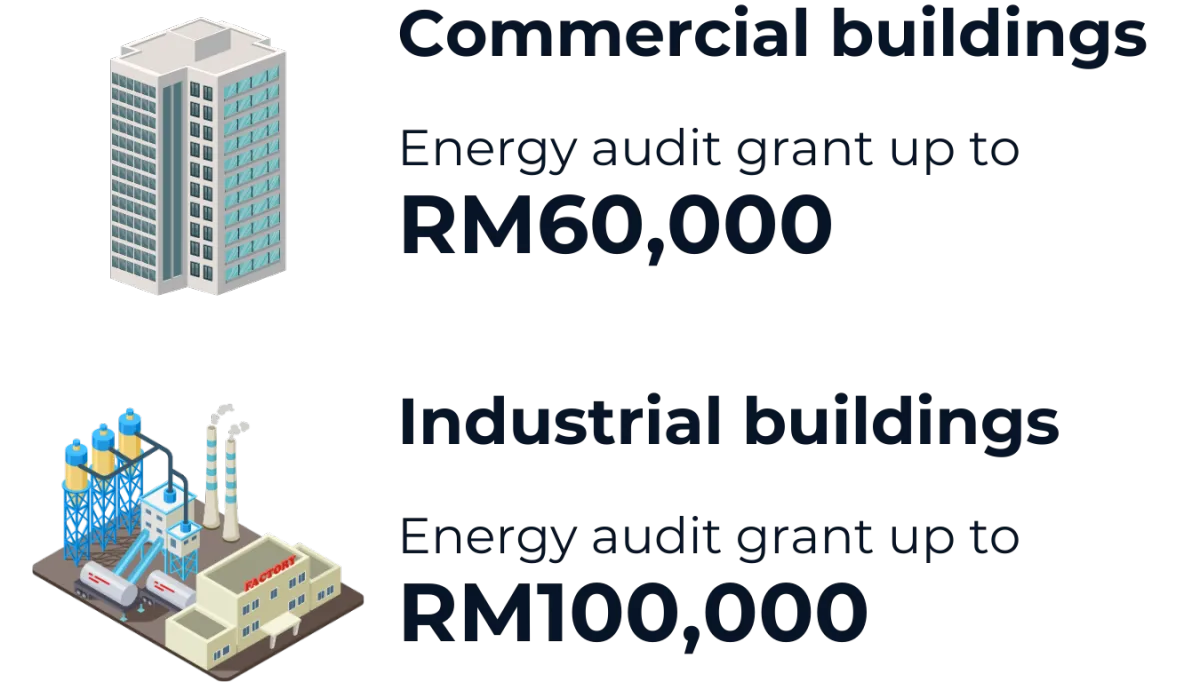
What's Included In The Audit?
An energy audit helps you avoid costly mistakes. It gives you a clear, data-backed roadmap so you can invest wisely and make every ringgit count. This is the foundation of a smart energy transition.
Stage 1: Grant Application
Assist you in applying for the Energy Audit Conditional Grant (EACG 2.0)
Stage 2: Initial Walkthrough & Audit Plan
Site visit to understand layout, systems, and scope of audit
Stage 3: Data Collection & Desktop Analysis
Review of past utility bills, equipment lists, and operational patterns
Stage 4: Measurement & Load Profiling
Installation of energy loggers and collection of real-time usage data
Stage 5: Identify & Evaluate Energy Saving Measures (ESM)
Analysis of energy use to identify inefficiencies and potential improvements
Stage 6: ESM Cost-Benefit Analysis
Each recommended measure is evaluated based on savings and ROI
Stage 7: Audit Report Preparation & Submission
Final report with technical findings, savings potential, and next-step recommendations
(Optional) Implementation support and financing discussion if you choose to proceed later
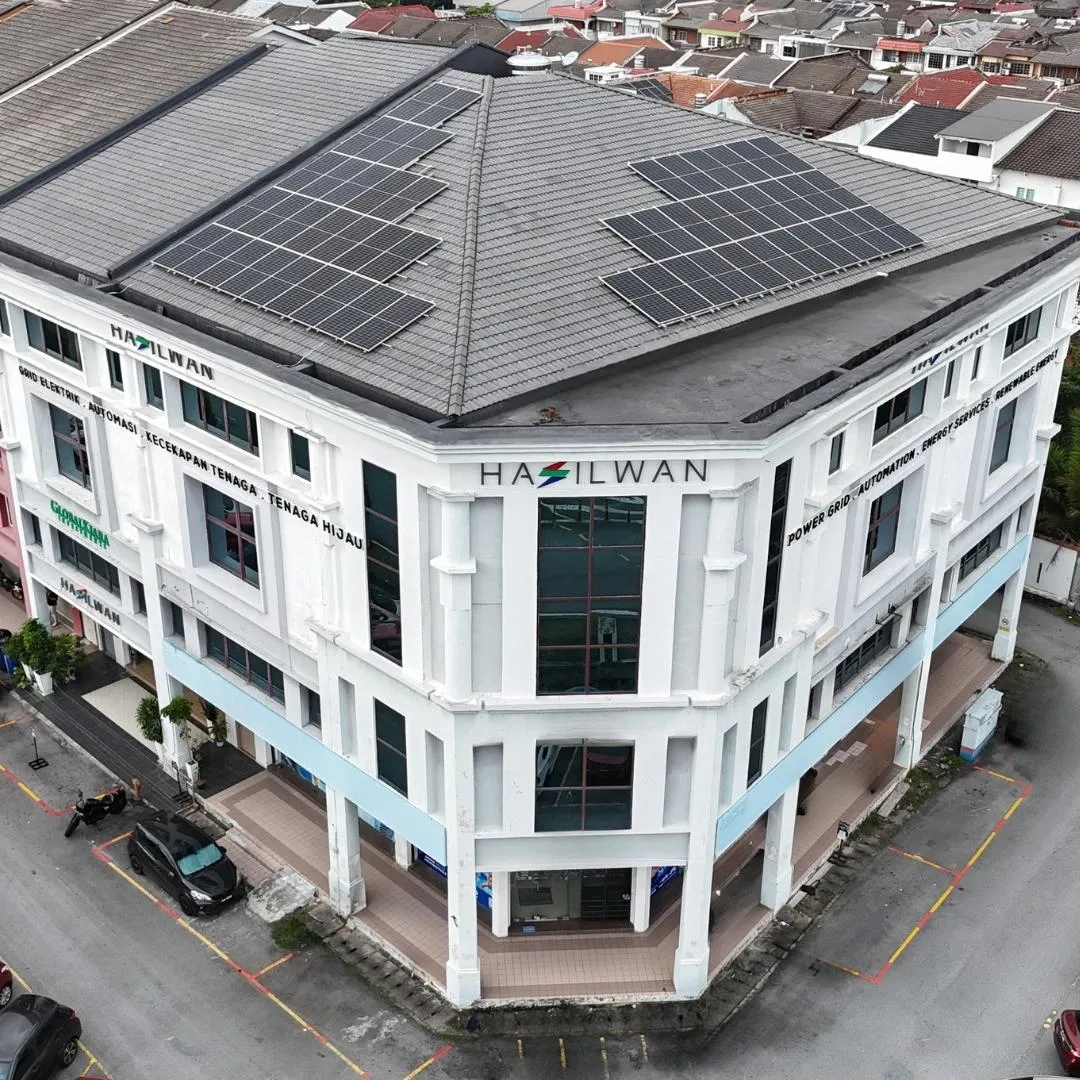
Why Work With Hasilwan Group
35 Years in Power Engineering
Decades of data and lessons learned ensure safer designs and faster fixes.
Registered ESCO & TNB Partner
Streamlined approvals plus direct access to grants, tariffs and grid insights.
Complex Project Pedigree
Proven on hyperscale, high-voltage builds, keeping upgrades on schedule and on spec.
Fully Integrated Solutions
One team covers audit, efficiency, solar and storage, giving one point of accountability.
Integrated Energy Solution
From audit to execution, we support your full energy transition including solar, energy storage, grid solutions, and energy efficiency upgrades. We combine technical expertise with practical solutions that help businesses reduce cost and plan ahead.

Power Grid Solutions
HV/MV/Compact Substations, OHL/UGC Protection, Control & Automation Solutions

Renewable Energy (RE)
C&I Rooftop Solar, Integrated Solar PV Structures Utility Scale/LSS, Off-Grid Solar Solutions

Energy Storage Systems (ESS)
Battery Energy Storage Solutions (ie. Power Stability Solutions, Peak Shaving/Shifting)

Energy Efficiency (EE)
Energy Audits, Energy Efficiency Retrofitting, Energy Monitoring, Energy Management System

Low Carbon Mobility
EV Fleet Electrification Solutions
(Grid-connected/Off-grid)

Green Energy-as-a-Service (EaaS)
PPAs for RE Solutions, EPCs for EnergyEfficiency Retrofitting, EV Infrastructure and Solutions Financing
Frequently Ask Questions (FAQ)
Is this really free?
Yes. The Energy Audit is fully funded under the EACG (Energy Audit Conditional Grant) by the Malaysian government. There are no audit fees to pay if you qualify.
Will this interrupt my operations?
No. Most of the audit work is done in the background using non-intrusive tools and planned site visits. Your daily operations can continue as usual.
Who handles the grant application?
We do. Our team will guide you through the process and assist with all documentation to secure your grant approval.
How long does the audit take?
From kickoff to final report, the full process typically takes around 3 months. This includes measurement, analysis, and report submission.
Am I required to do any upgrades after the audit?
Yes. To receive the conditional grant, you must carry out at least some energy efficiency upgrades based on the audit. We will provide an end-to-end solutions proposal after the energy audit, but you are under no obligation to work with us to implement the upgrades.
What kind of savings can I expect?
Typical audits reveal 12% to 30% savings opportunities, depending on your equipment, systems, and energy usage patterns.
Get In Touch
Phone Number: +603 7803 8887
Email: [email protected]
Address
2nd Floor, No. 3, Jalan SS23/11, Taman SEA,
47400 Petaling Jaya, Selangor D.E., Malaysia.


